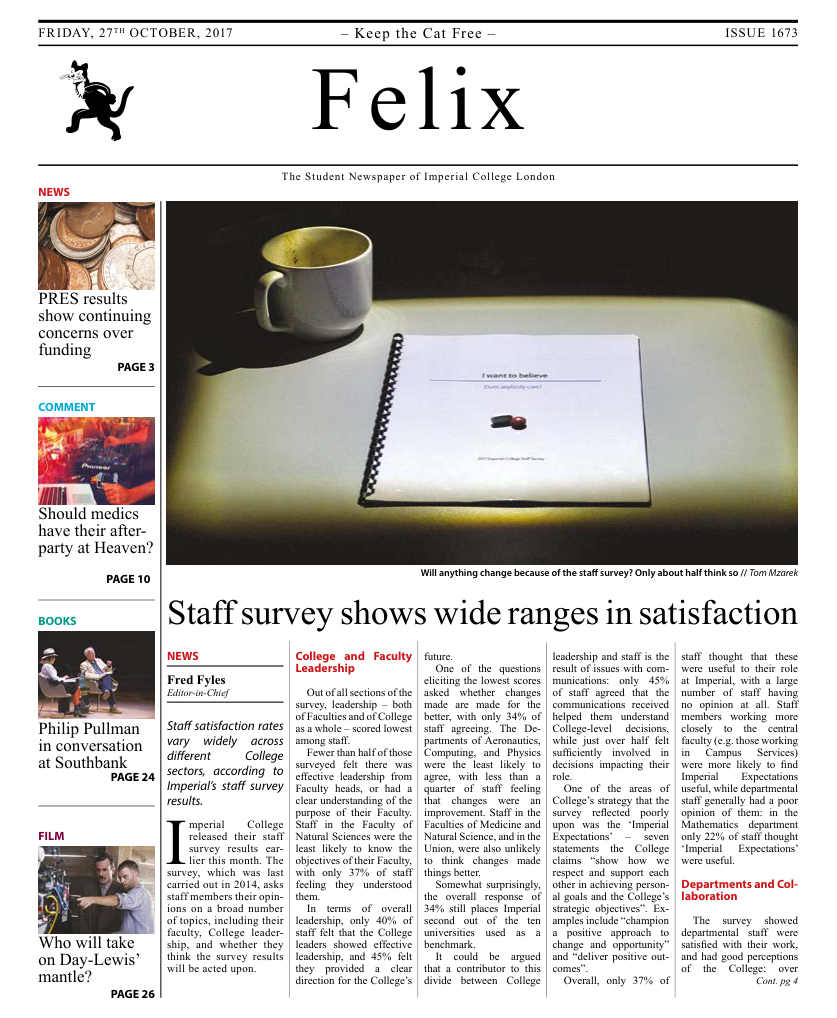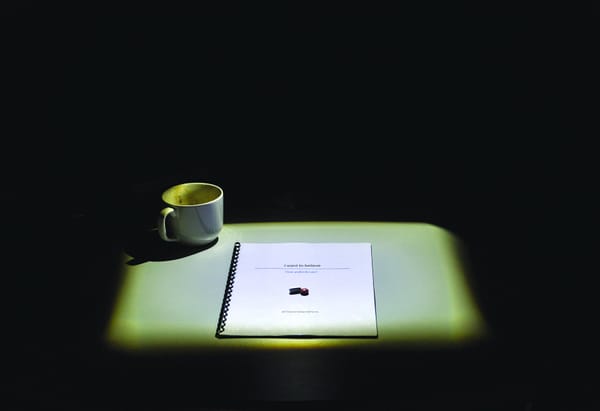Opinion split over Union’s election invstigation
The Union’s decision after a complaint was raised over a mailing list has divided opinion of student representatives.
A complaint with the Union was raised related to last week’s Autumn Elections, when it was discovered a mailing list had been used to promote one of the candidates.
An email was sent out from the Chemical Engineering Society’s mailing list, by a member of their executive, shortly after 6pm on the evening of Thursday 17th October – roughly 18 hours before voting closed. The email asked recipients to vote for one of the students running for the Faculty of Engineering (Undergraduate) Ordinary Member of Council. It was sent to 1228 members of ChemEng Soc, of whom it is estimated 8-900 were eligible to vote for the position. It was not sent with the knowledge of the candidate in question, or the Chairman of ChemEngSoc, Kieran Naylor.
The position was one of the most highly-contested in the elections, with 16 candidates running for four positions at the time voting closed. In total, over 900 people voted for this particular position, with the candidate in question topping the polls, more than 50 votes ahead of their nearest rival. A complaint was raised over the weekend of the 21st/22nd by a Union Council member who was alerted to the email. The complaint was raised after the close of voting; the Union’s regulations for the Autumn Elections state that “all complaints must be received within two hours of the close of the voting period.”
A Union spokesperson told Felix: “Democracy is one of our fundamental values, and we immediately investigated whether this rule breach would require further action to ensure our democratic integrity”. They stated that the Union decided that “as previous similar incidents have not required disqualifications or caused election to be cancelled, it was not proportionate for us to rerun this election.”
The Union’s response seems to have divided those students heavily-involved with student representation: Naylor described the investigation the Union conducted as “appropriate”, saying that “in general, I believe that this issue has been blown way out of proportion through poor communication.” However, one student told Felix that “as a fellow candidate”, they were “disgusted that the Union will not be pursuing an investigation or disciplinary action”. Another student said “The Union failing to take a harder line on this demonstrates they only care about democracy when it’s convenient for them.”
Naylor told Felix “The ChemEng Soc, and myself, believe that the integrity of the elections must be upheld by all parties. We should always endeavor to make sure all candidates have an equal platform regardless of access to mailing lists, social media platforms or other mass media.”
He went on to describe the candidate as “incredibly well-respected, popular, and well-liked”, and expressed his confidence that they would have won the election with or without the use of the mailing list, stating that – while Chemical Engineering is one of the departments with the highest turnouts – he believed that the majority of students who would have received the email voted before it was sent.
The Union stated that they “will follow this up with the individual concerned, who has offered their apologies, to emphasise that this behaviour must not be repeated.”










